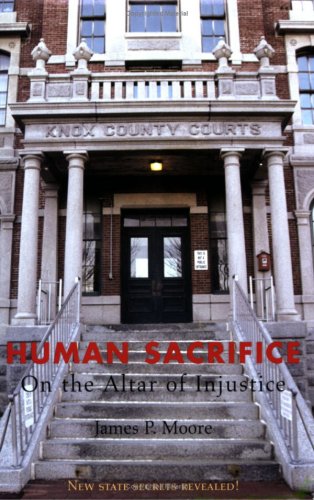Trial and Error
The Outcry for Justice in the Dennis Dechaine Case
Killer’s conviction gives good example of ‘irony’
Jul 5, 2009
Kennebec Journal and Morning Sentinel
After reading of the importance of DNA analysis in the recent conviction of Thomas H. Mitchell Jr.
for the 1983 slaying of Judith Flagg, I thought back to my struggle in high school English class to understand the concept of irony. The dictionary was little help. Mine defines irony as “an outcome of events contrary to what was expected; the incongruity of this.”
The Mitchell case offers just what I needed. First, praise is due Deputy Attorney General William Stokes for bringing “the application of modern DNA technology” (his words) to bear on a 26-year-old case.
But, ironically, Stokes seems unable — or refuses — to apply the same DNA technology to the 20-year-old Sarah Cherry murder, in which the same attorney general’s office secured the murder conviction of Dennis Dechaine
The irony, of course, arises from how “the application of modern DNA technology” now shows that Dechaine is not the murderer,
as he has always claimed. Rather it is some other male as yet unidentified and possibly at large committing similar crimes.
But at least now I get it. Irony is when the unexpected outcome — in this case, that the AG’s office touts DNA evidence to secure a conviction, but then refuses to accept its findings which would overturn one — is incongruous.
Tragically, for Dechaine, an innocent man in his 20th year in prison, it is also rank injustice.
Bernie Huebne2
Waterville
